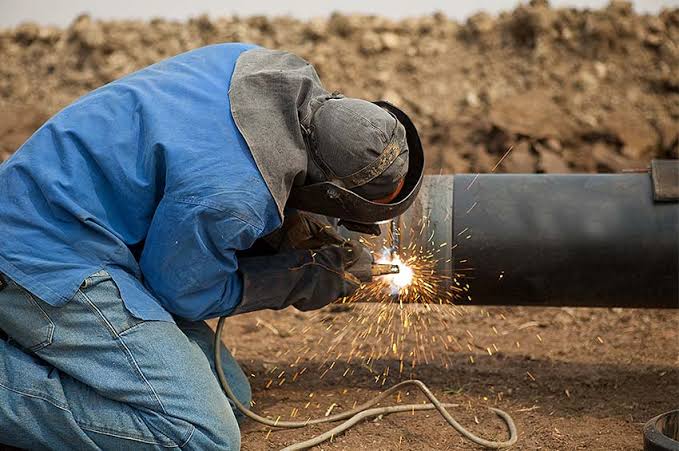KISUMU,Kenya, June 1 – Kenyans working in the informal sector will now see their skills recognized through the awarding of academic certificates in a process that will seek to ascertain their skills and competencies.
Speaking during the Madaraka Day celebrations in Kisumu County, President Uhuru Kenyatta directed the Kenya National Qualifications Authority(KNQA) through the Ministry of Education to fast track the operationalization of the policy framework in one month’s time for comprehensive recognition of prior learning (RPL).
Years since the idea was first mooted, Kenyans who had acquired hands-on skills without formal training such as masons, plumbers, electricians, mechanics among many others will now be able to acquire higher academic levels as part of the perks.
“This policy intervention will expand the opportunities for artisans and craftsmen in our jua kali sector to participate meaningfully in our economy,” President Kenyatta said.
KNQA has already established a frame work ready to be implemented as well as establishing Recognition of Prior Learning(RPL) guidelines and tools of execution.
“The dignity we seek to restore through sustainable livelihoods will give every Kenyan an opportunity to participate in economic development,” the President said.
Kenyatta noted that the tendering of contracts has been marred by inequality with those in the informal sector; Jua Kali artisans and craftsmen, almost always being locked out.
Despite the tight deadlines to ensure the initiative is up and running, KNQA has since said it is in the process of completing setting up the RPL-Information Management System that will contain a candidate’s biometric and skill profile.
KNQA Director General Dr. Juma Mukhwana meanwhile said they are up to the task.
“We are ready to bring all these people in the informal sector together and ensure their skills are recognized even if they have never stepped foot inside a classroom but are able to do their work. We will access their skills and award them a certificate which will assist them in securing a job or furthering their studies,” Dr. Mukhwana in an interview with Shahidi News said.
For candidates seeking to advance their academics to the college of their choice, they will first be required to obtain the certificate after their skills have been validated.
This will entail uploading their portfolio on the RPL-Information Management System.
A sample of one’s work including video evidence, photographs of even a recommendation letter for work done will form the basis of the certification process.
The application will also seek to analyse performance appraisals from previous employers or even details of trainings attended by the candidates which will subsequently be vetted.
A minimum admission requirement has already been set for the national qualification framework that has at least 10 levels.
The KNQA Director General said that those that have been vetted and deemed to have achieved the minimum qualifications, will be equated to Level three.
“Level three admission criteria requires one to be a holder of a certificate of experiential learning” he said.
The smooth transition according to the KNQA guidelines, will see candidates progress to level four which is the equivalent of an artisan certificate qualification and level five which is a craft certificate.
Gradually one can progress to level six and obtain a diploma certificate or even level 9 and 10 which is the equivalent of a masters and doctorate degree.
Want to send us a story? Contact Shahidi News Tel: +254115512797 (Mobile & WhatsApp)


